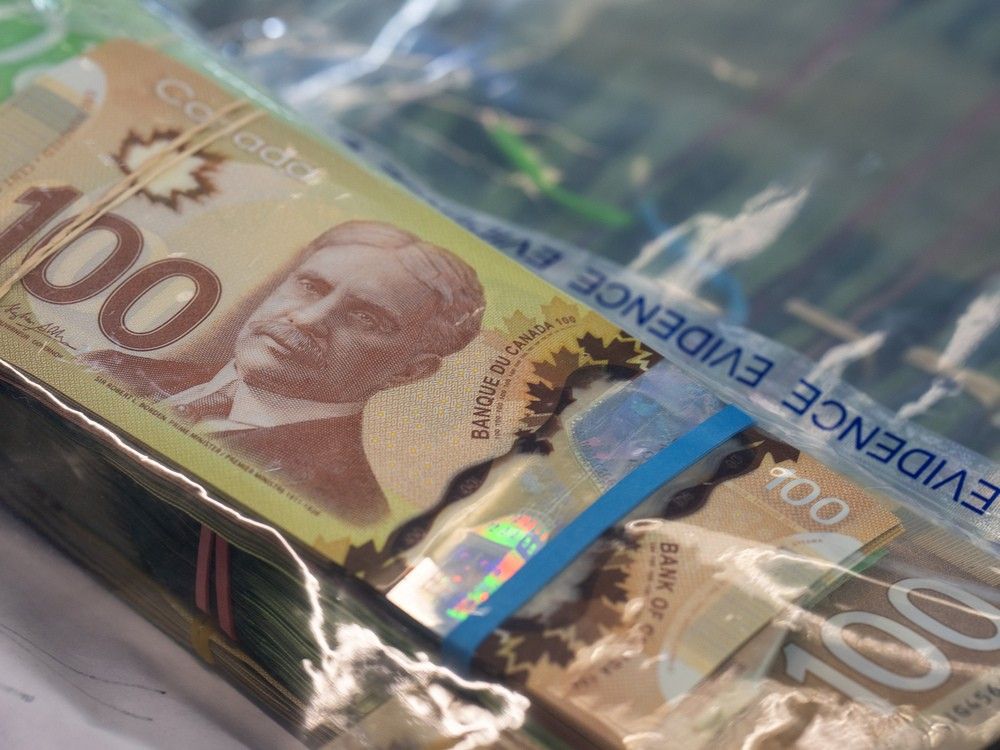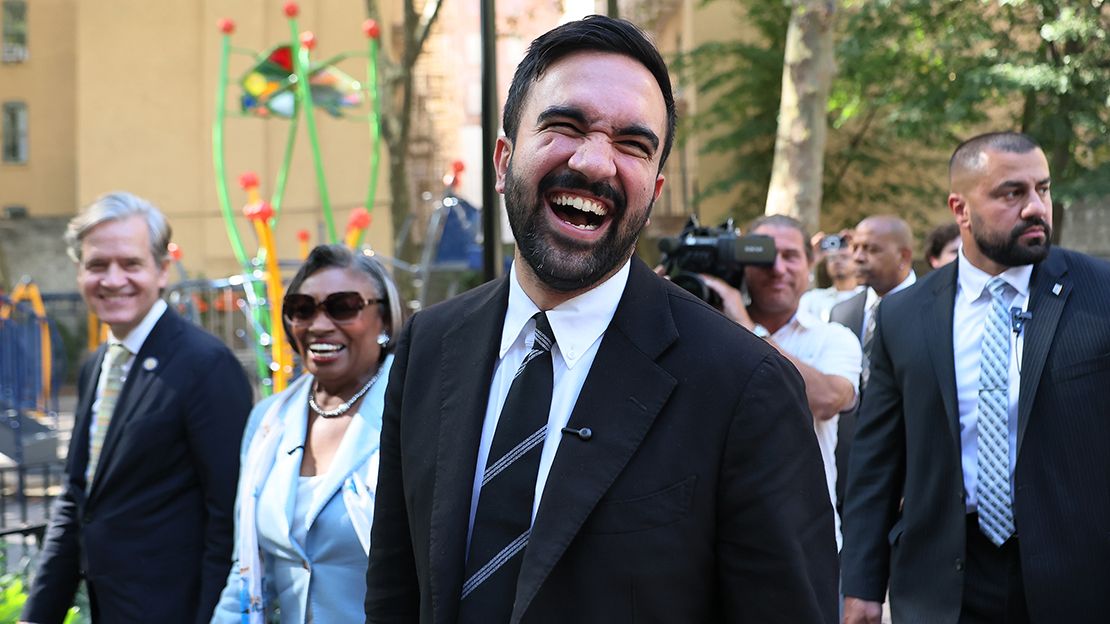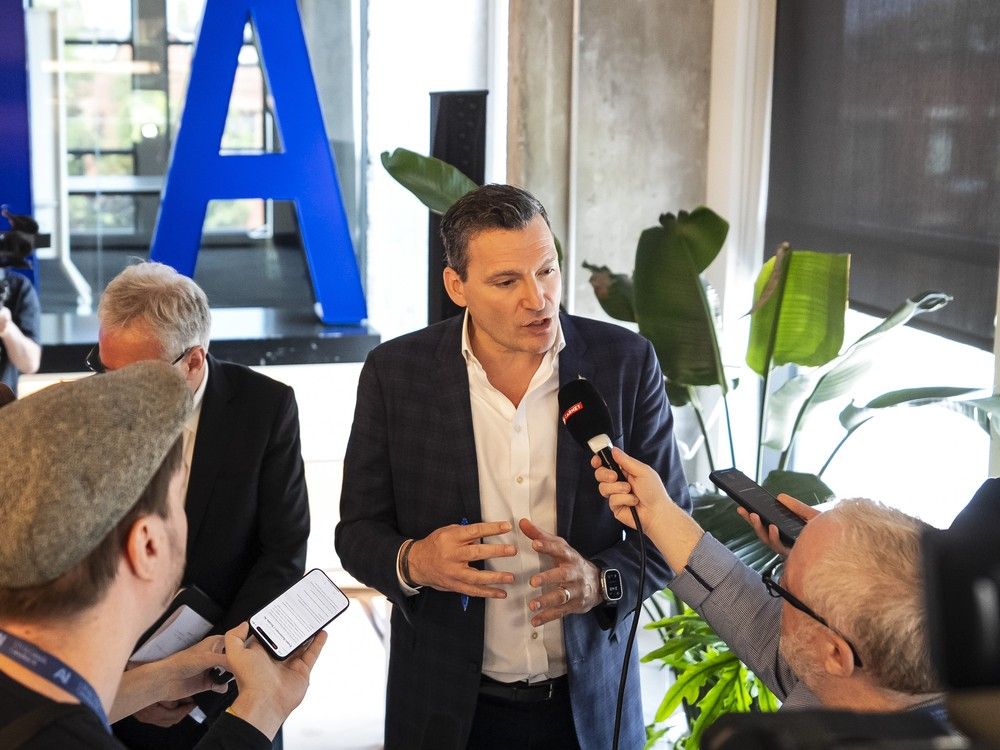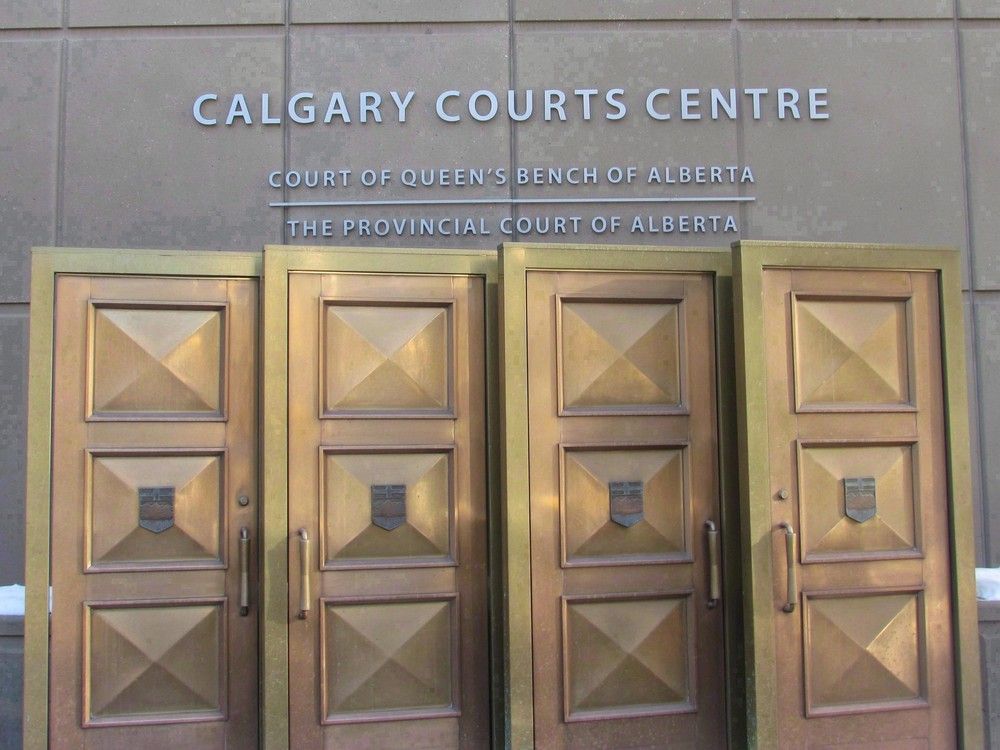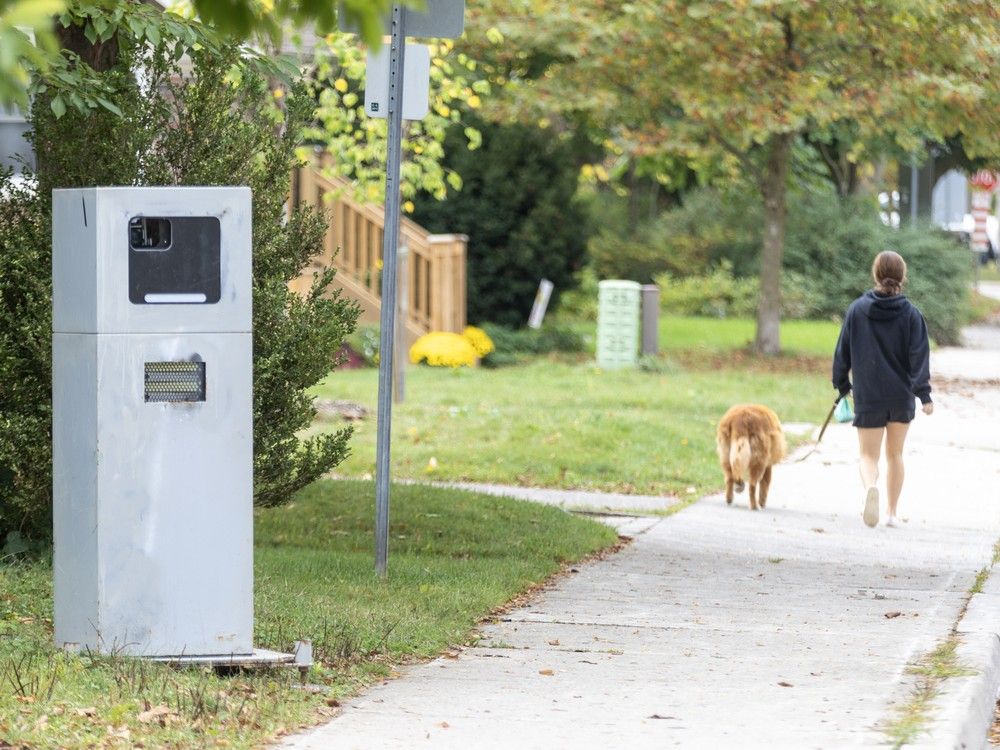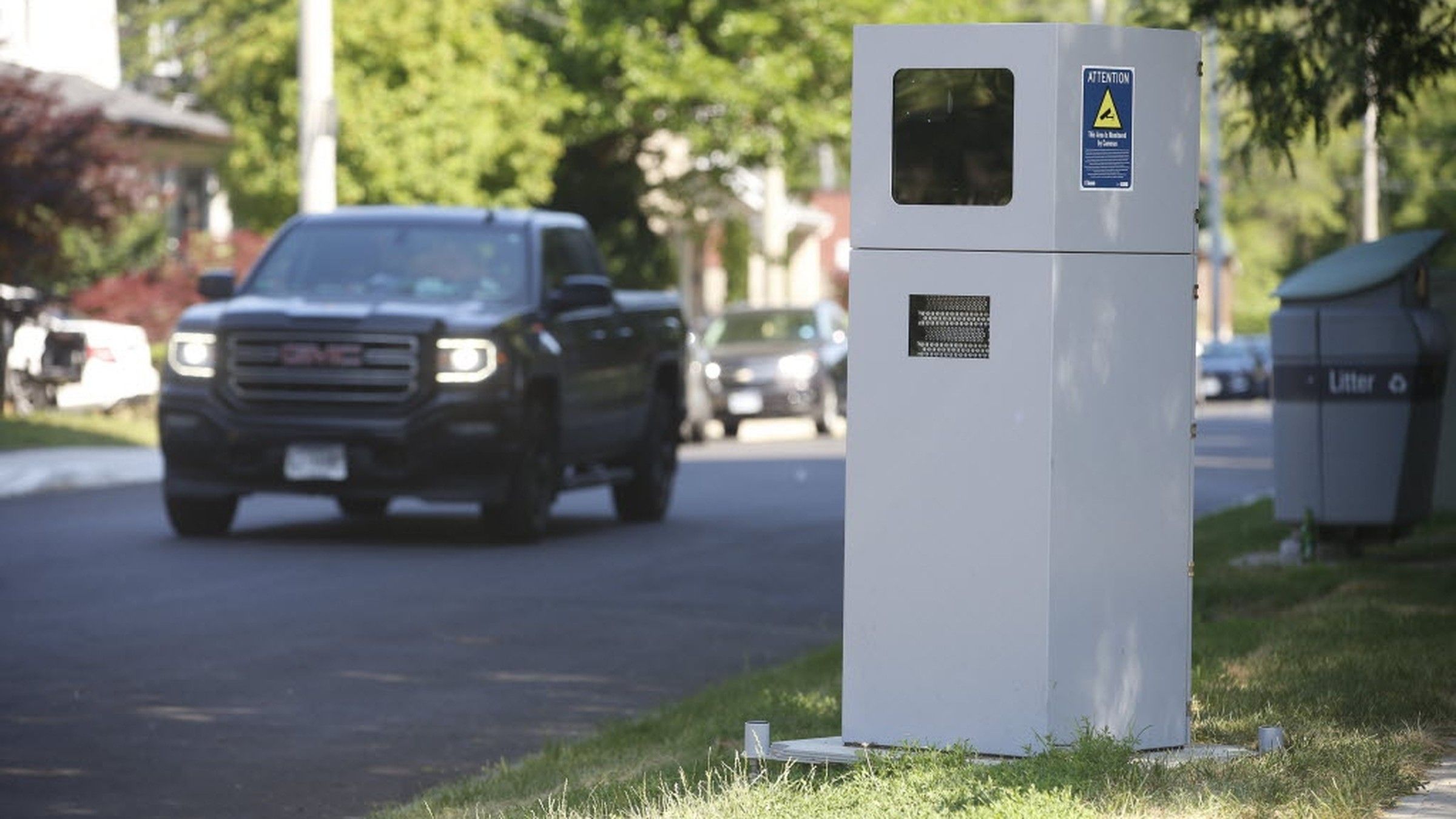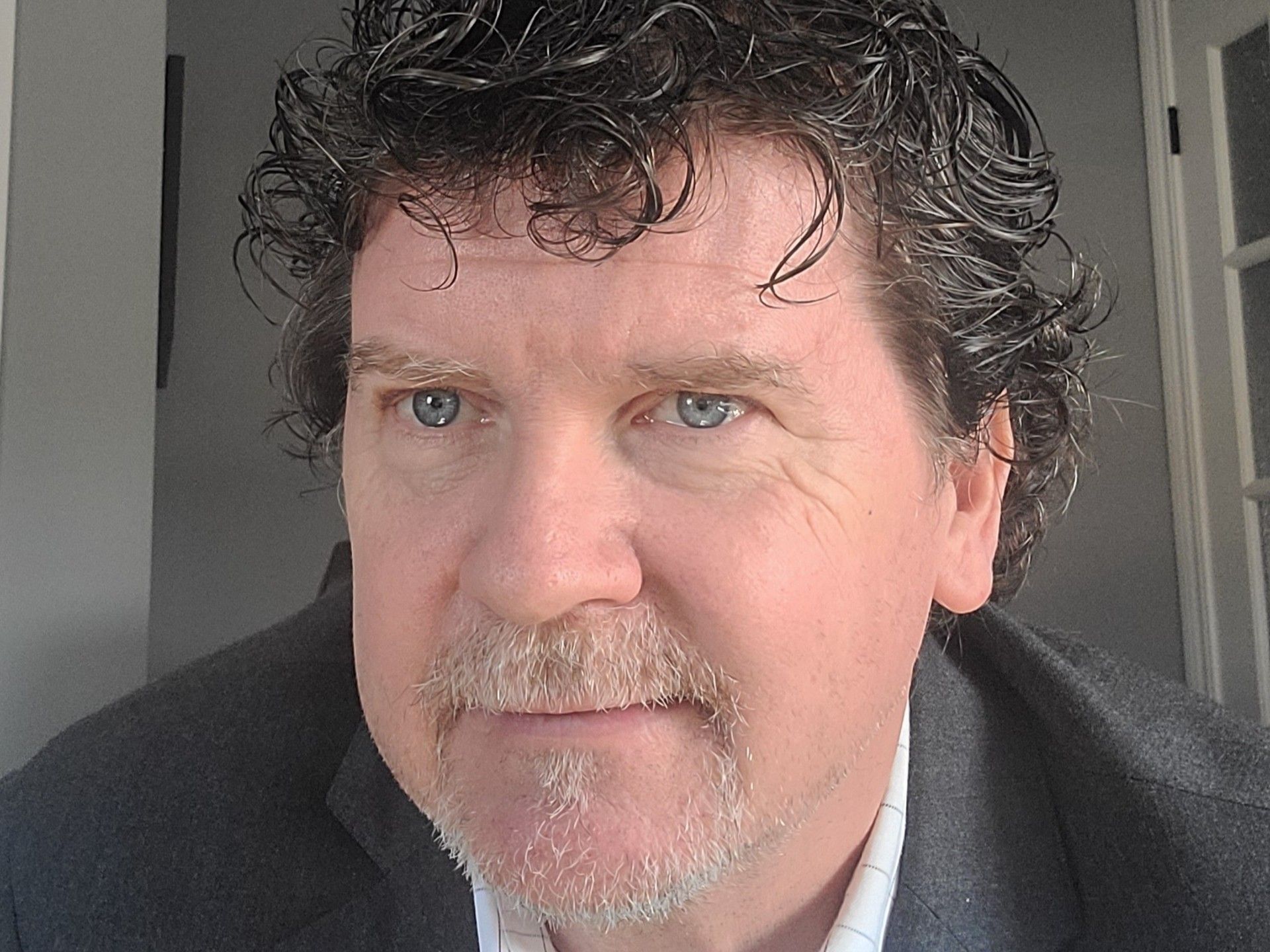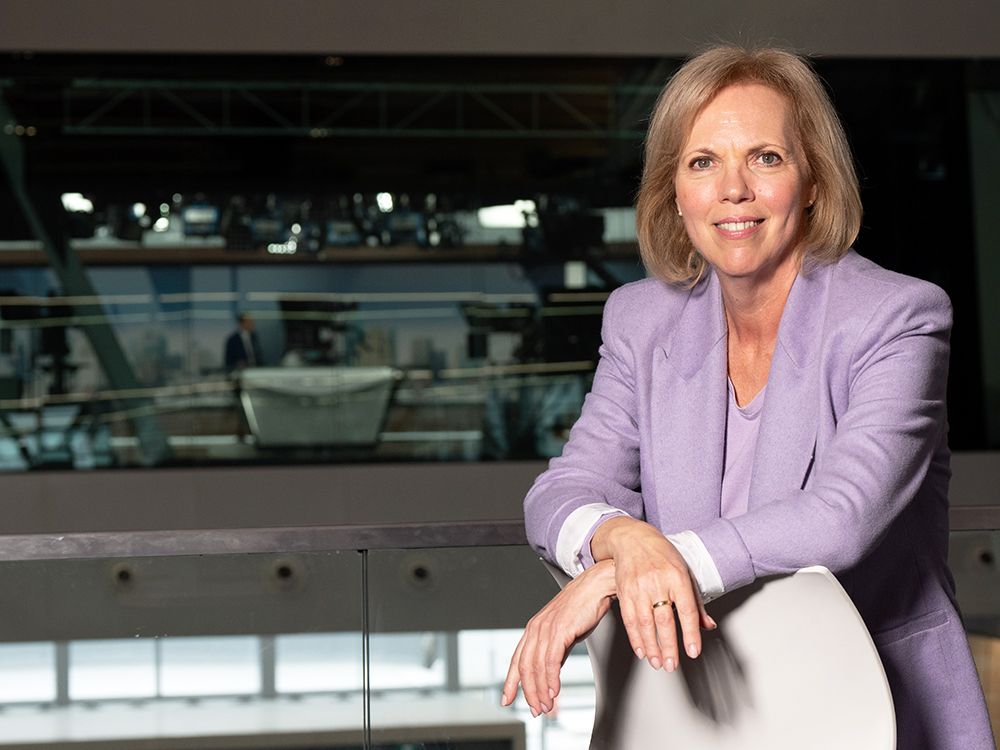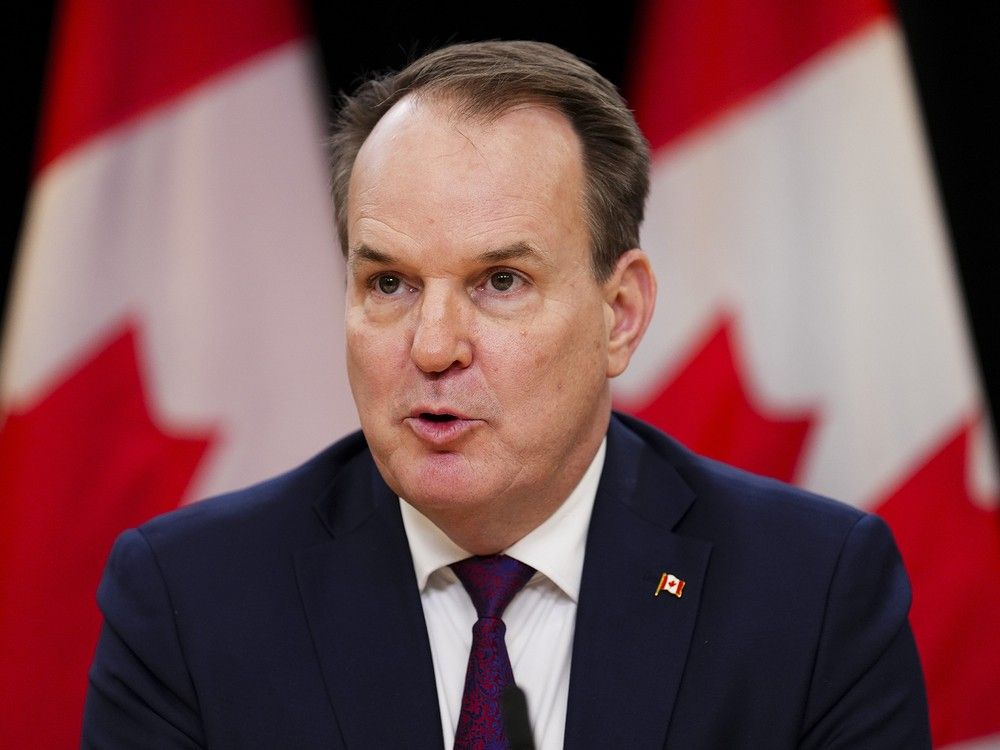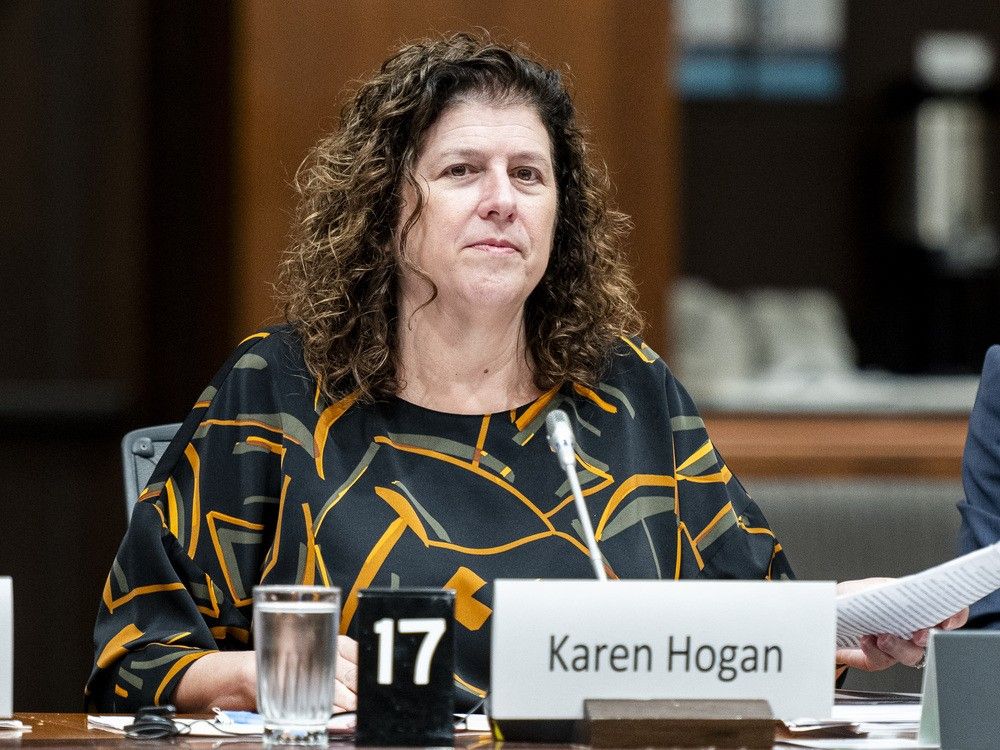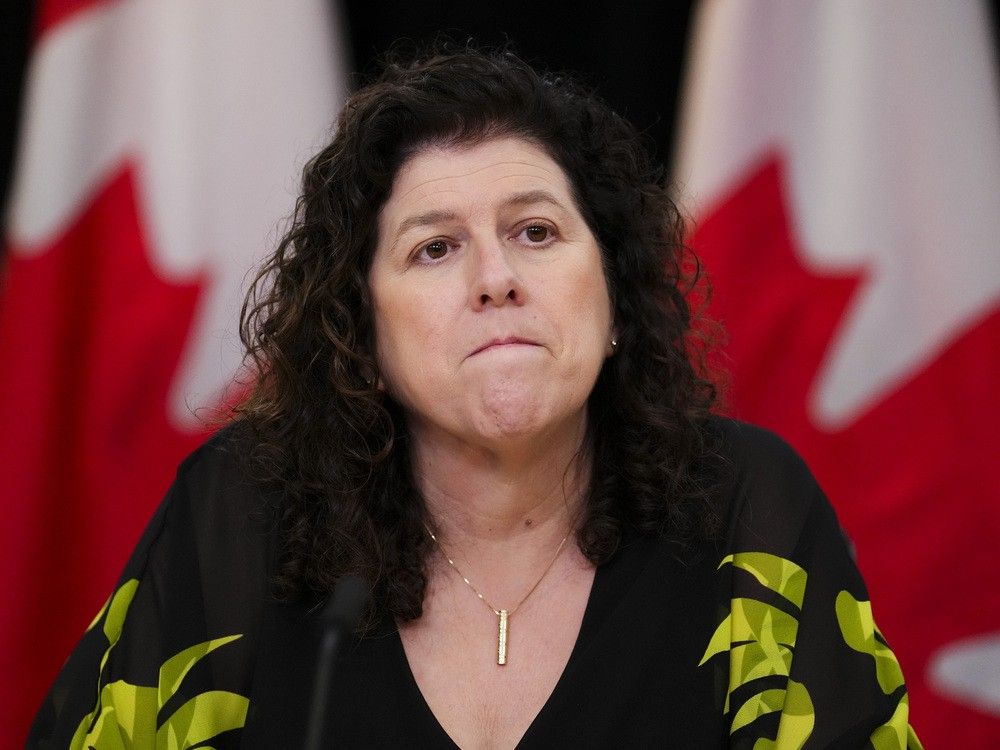
NEW YORK — Twenty-four years ago, a murderous yet methodical squadron of Islamic terrorists tore out the beating heart of New York City in the name of their particular understanding of God.
On Nov. 4, it is likely that a beaming, bearded young Muslim from the far left flank of American politics — a card-carrying Democratic Socialist, no less — will be elected as the 111th mayor (all of them men) of the capital of capitalism, riding a pita-in-the-sky cyclone of no-fare transit, cheap apartments, discount groceries and anti-Zionist rage from the river (Hudson) to the sea (Atlantic) and into City Hall.
This candidate is 33-year-old Zohran Kwame Mamdani, son of a “progressive” filmmaker (his mother) and a scholar of settler colonialism (his father) and recently married to a woman whom he met on Hinge. “There is still hope in those dating apps,” the groom proclaimed. Born in Uganda after the dictator Idi Amin expelled thousands of his most prosperous families because of their Indian blood, and raised in privilege in Manhattan from the age of seven, Mamdani was a little-known, fringe-lefty member of the New York State Assembly when he blew past a crowded field of more experienced, more boring partisans to win the Democratic Party primary for mayor in June.
According to the New York Police Department, assaults on Jews here have increased 583 per cent since 2020, and more than 1,400 antisemitic incidents were reported in this city in 2024. Yet the son of a Hindu father and a Shia mother won nearly half the Jewish primary vote, despite — or because of — his strident condemnation of what he calls “Israel’s genocide” in Gaza. He has promised to have both Vladimir Putin and Benjamin Netanyahu arrested should the Russian or Israeli leader ever deplane in New York City — a mayor owns no such power — and he is the beneficiary of an epochal shift in voters’ attitudes toward the Jewish state. According to a
New York Times/Siena College poll
conducted in early September, 57 per cent of the city’s Democratic voters now sympathize with the people of the Gaza, and only 18 per cent with Israel.
Mamdani’s platform can be condensed to six words: free buses, free bagels, free Palestine.
As I write this, the young assemblyman leads a shrinking and unappealing list of opponents with the support of 46 per cent of likely voters. Incumbent Mayor Eric Adams, a former transit cop who was facing multiple charges of bribery before U.S. President Donald Trump told his Department of Justice to quash the investigation,
quit the race
in late September, leaving only Curtis Sliwa, a Republican famous as a subway vigilante 40 years ago, and Andrew Cuomo, the disgraced former governor of the state of New York, to oppose the youthful front-runner.
There are an estimated 1.1 million Jews living in New York City, and about 750,000 followers of Islam, the largest populations of both faiths in any city in the Western Hemisphere. Not all are of voting age, of course.
This summer, Zohran Mamdani campaigned with the choleric and indestructible 84-year-old Sen. Bernie Sanders of Brooklyn, and with Democratic Congresswoman Alexandria Ocasio-Cortez of the Bronx and Queens, the young pasionaria of the urban left and likely 2028 presidential candidate, to packed halls and wild applause.
“Sanders said the United States should not be sending aid to ‘the government of Israel that is currently starving children to death,’ drawing a standing ovation,” reported NY Jewish Week.
The messaging is getting through.
“A new poll shows that 74 per cent of Democrats prefer Democratic socialism over capitalism,” Ocasio-Cortez blared in a fundraising email in September. Her message continued: “The poll shows that even 58 per cent of Republicans agree that our economic system is ‘rigged in favor of corporations and the wealthy.’”
Mamdani promises to un-fix the game. His mantra is “affordability” in a city where a million dollars barely buys a broom closet and a hot plate. He vows to freeze rents on a million city-owned apartments, which could include his own residence, a one-bedroom, rent-stabilized flat in a century-old building in the Borough of Queens that he found online and for which he pays only US$2,300 a month. He moved there in 2018, having spent most of his post-college, premarital 20s living — like millions of other young Americans — with his parents.
“I was looking for an apartment that I could afford on my own,” the mayoral hopeful explains, striking a chord with a city of strivers.
* * *
Donald Trump calls Mamdani “my little Communist.” The New York Post labels him “Zany Zo” and Krazy-Glues him to every far-out fantasy promulgated by the comfortable uptown left: defunding the police, closing prisons, letting petty criminals walk free, voting rights for illegal immigrants, city-owned grocery stores and so on.
Cuomo paints Mamdani and his cohort as “destructive extremist forces that would devastate our city through incompetence or ignorance, but it is not too late to stop them.”
The mayor of Miami, Francis Suarez, equates Mamdani to Fidel Castro, another “young, charismatic leader who said, ‘Give us all your property, give us all your businesses, and don’t worry, we will make everybody equal.’ And he did.”
It is true that you can’t spell Mamdani without “m-a-d-m-a-n,” but to the many who thrill to his Barack Obama-calibre rhetoric and trust his lofty promises, the chasm between plenty and poverty, between penthouse and tenement in The Greatest City in the World is no less criminally insane.
Reasonably articulate with a soccer ball, but unable to bench-press 100 pounds with cameras rolling at a
“Men’s Day” athletic festival
this summer, Mamdani is urbane if not grittily urban. Several prominent Democrats have twisted themselves into rhetorical knots rather than formally endorse him.
There is much to criticize. The probable future mayor of a city of 8.8 million inhabitants has no executive experience whatsoever; in fact, he barely has worked for a paycheque at all. He tried to gain traction as a rapper, with little success, spent a few months in Seattle and in Texas as a community organizer, and served as “music supervisor” on one of his mother’s documentaries. That is his employment resumé.
But Mamdani is hardly a newcomer to his now-fashionable beliefs. At Bowdoin College in Maine — referred to by the conservative
American Spectator
as “a seminary of sorts for those drawn to the increasingly radicalized progressive worldview” — he founded a chapter of Students for Justice in Palestine, and the archives of the student magazine Orient contain dozens of his articles.
“I had arrived in a society where privilege was a different color,” student Mamdani wrote of a visit to Cairo’s central plaza in 2013. “Gone was the image of the white Christian male that I had grown accustomed to, and in its place was a darker, more familiar picture — one that, for the first time, I fit: brown skin, black hair, and a Muslim name.
“After just a little while in Tahrir, I understood the addiction of revolution, of protest. Those who traditionally had little say on society’s direction were immediately granted the chance to speak, with the promise of an echo of thousands. Ideas of class and status were upturned, as men without means stood high on the shoulders of others, their voices loud. This new social solidarity was founded in a widespread opposition to all that the government had grown to represent — inefficiency, unjustness and sectarianism.”
“He is the candidate for Pakistanis, Indians, and Bangladeshis alike, though they are not exactly one another’s friends,” The Spectator observed, “and most of them are robust supporters of the market-driven New York economy and merit-based schools. How would they like living in Zohran’s socialist paradise? All the while he is also cultivating his base of disaffected — mostly white, and heavily female — underemployed college graduates.”
“What Western city or country has improved as the Muslim population has increased?”
Charlie Kirk posted on X
a few weeks before he was assassinated. “America’s largest city was attacked by radical Islam 24 years ago, and now a similar form of that pernicious force is poised to capture city hall.”
“We hold a common belief in the shared dignity of every person on this planet, and the refusal to draw a line in the sand when it comes to Palestinian lives,” Mamdani responded on the night Kirk died, upon being honoured in Brooklyn by a group called
Jews For Racial and Economic Justice.
“Our victory in June was evidence of many things, but truly, among them, it was a lesson that so many in this city are horrified by the genocide being perpetrated by the Israeli military in Gaza,” he went on.
A thousand Hebrews rose and cheered.
“Until recently,” noted the political newsletter City & State, “this kind of anti-Israel rhetoric would have been unthinkable in New York City politics.”
* * *
In August, Mamdani embarked on what he called a “Five Boroughs Against Trump Tour,” casting the 45th and 47th U.S. president as the enabler of Benjamin Netanyahu’s medieval siege of Gaza.
I follow a similar itinerary, travelling by subway and bus and on foot across Manhattan, Staten Island, Queens, Brooklyn and The Bronx — unlovely swaths of New York far removed from Wall Street, Greenwich Village and Broadway — to hear the voices of the voters of my home town, and to weigh the appeal of a young adherent of Islam who, when Sept. 11 next comes around, may well be the mayor of Ground Zero.
It should be noted that Mamdani’s victory on Nov. 4 is likely, but not guaranteed. Elisa Serret, Washington correspondent for Radio-Canada, observed that “it is the Israelis, the Jews, that finance American politics a lot … The big cities are run by Jews.” (
Radio-Canada apologized
for Serret’s remarks, which it described as “stereotypical, antisemitic, erroneous and prejudicial allegations against Jewish communities.”) This summer, the wealthy Hebrews who run and finance New York City — or thought they did — have been spending tens of millions of dollars to try to keep the Bowdoin grad and his Bolsheviks at bay.
Former three-term mayor Michael Bloomberg has given six of his myriad millions to keep Cuomo in the race as an “independent,” despite the ex-governor’s history of
sexual harassment allegations
, including “unwanted groping, kissing and sexual comments.”
A congress of prominent Jewish real-estate developers convened in August and anted up big-time, warning the city’s elites that “there is no more time for delay, discussion, or dithering — we must act decisively to ensure that the next mayor of New York is Andrew Cuomo.”
At about the same time, the increasingly desperate Cuomo was dismissing Mamdani as a mere “nepo baby,” conveniently ignoring the fact that his own father was the three-term governor of the state. The former staunch supporter of Israel — and a member of Netanyahu’s own legal team — now claims to have been against the Israeli leader all along.
“I never stood with Bibi,”
Cuomo said
in September.
In some ways, Mamdani risks little; a narrow loss to Cuomo still would leave him as one of America’s most promising young Democrats with half a century of activism ahead of him. (Unlike Ocasio-Cortez, however, his birth in Uganda precludes a presidential future. Mamdani did not become a U.S. citizen until 2018.)
Even if he wins, he may become nothing more than what Time magazine calls “another failed figurehead of a major Democratic city.” In this occupation, religion matters much less than results.
Still, running for any public office in the United States in 2025 is an act of conspicuous courage. In September, an Orthodox Jewish man who lives in Texas was charged with sending multiple death threats to one of the highest-profile Muslim politicians that America has ever known.
“I’d love to see an IDF bullet go through your skull,” the antagonist wrote to Mamdani.
Hunkered down in a murderous age, Gotham goes to the polls. Before that happens, we will go travelling around the city.
First stop: Liberty Street, Manhattan
On the New York City subway system, if you can complete your journey without being sprayed with bullets by a fellow passenger who is wearing a gas mask or doused with gasoline and set on fire while napping, then your day is off to a promising start. So far, so good.
It is 5:58 on a clear September morning and the elevated railway already is jammed with emigrants from a dozen other histories. Entombed in overwork and iPhones, no one speaks. Of the 200 commuters in my car, I am almost certainly the only one who was, in Walt Whitman’s words, “born here of parents born here,” but we’re all on the same train now.
The calendar reads 9/11, a date that may hold no significance to anyone on board who is under 40 or come from away. But I am over 40, and I was visiting my mother in Brooklyn on that
horrible day in 2001
and we watched the towers fall. So, it is with grim seriousness of purpose that I am heading to a rendezvous with the ghosts of the World Trade Center, an annual civic gathering of mourners, church bells and tears.
“All those people just went to work in the morning, and they died,” my mother wept on that day, though none of the dead was known personally to us.
Mamdani is present, of course, and demurely silent, as are Mayor Adams, who will be only the third NYC incumbent since the Second World War not to be re-elected and, in a wheelchair and body brace following a recent auto accident, Rudolph Giuliani, the once much-praised “Mayor of 9/11.”
The commemorative ceremony begins with the tolling of a fire-station bell at the exact moment that the first hijacked plane struck the North Tower and proceeds for four more hours as the names of each of the nearly 3,000 victims are intoned. Hundreds of bereaved relatives and co-workers stand or sit in reverence, carrying posters and wearing clothing with photographs of the dead.
The mourners grow older every year, but the victims’ faces on their T-shirts never age.
Yet even in these shattered New Yorkers, I get a sense that the lust for vengeance that was so raw in 2001 may be ebbing, even as a Muslim stands on the threshold of power in the city that al-Qaida flew to destroy.
“My son would have been 58 years old,” a father says, and he begins to cry. This is Anthony Colasanti, whose son Christopher was a bond trader at Cantor Fitzgerald on the 105th floor, a father of three and husband of his high-school sweetheart and, according to his obituary, “a bow-legged, skinny, bespectacled kid who grew up to be athletic and captain of the high school soccer team and later a triathlete.”
Cantor Fitzgerald lost 658 employees on that clear blue morning. New York City lost its highest buildings and never will walk as tall again.
But when I ask the grieving father how he feels about a Muslim becoming the mayor of this city, Colasanti replies, “It doesn’t bother me. I wouldn’t condemn all Muslims any more than I would condemn all Germans and all Japs.” (He says “Japs” and not “Japanese.” My parents, who lost cousins and friends in the Pacific, did the same for decades.)
“I can’t say I hate them,” he says, walking slowly away.
Theresa Coia has come from Paterson, N.J., which is where Trump, in one of his most absurd and dangerous hallucinations, claimed that he saw “thousands and thousands” of Muslims filling the streets in celebration of the 9/11 death flights. Nothing like this happened in the Garden State or elsewhere outside the Arab world.
Coia has brought along a two-year-old mini-goldendoodle named Maisie to comfort the mourners.
“All nations have monsters,” Coia says. “The evil is the monster, not the religion.”
The bells toll twice for Rose Whelan, who is here to remember her cousins, not that she ever forgets them. I ask her about living under a Muslim mayor.
“I don’t have a problem with the Muslim part,” says Whelan, who considers herself “a conservative Democrat.” “I have a problem with the political part. He’s a little too much to one side … I hate terrorists. But I can’t hate a whole religion.”
Next stop: Lincoln Avenue, Midland Beach, Staten Island
Nine years after the 9/11 attack, the priest of St. Margaret Mary Roman Catholic Church on Staten Island announced that a vacant convent owned by the parish was going to be sold to the Muslim American Society and turned into a mosque.
By the time I got there a few days later, hundreds of residents of the Midland Beach neighbourhood were in the street, shouting “No mosque! No sale! No mosque! No sale!” and holding up signs that said, “Save our community,” and, “Our faith is not for sale,” and, “Stereotypes are based on some truth, live with it, it’s the American way.”
“I don’t think I’m ever going to get it out of my heart that terrorists come out of mosques,” a man told me at the time. “Thirty-seven of my friends died that day,” he said.
“It’s not just here,” a woman said back then. “They’re building mosques in Brooklyn, all along the water. I think they’re trying to control the bridges.”
But it wasn’t about hatred — or the Twin Towers — the mob claimed. It was about where the faithful would leave their cars while they worshipped Allah, five times a day … 35 times a week!
“They can open a synagogue for all I care,” a woman said back then, “as long as they have enough parking.”
In the autumn of 2025, as I return to Midland Beach, St. Margaret Mary Roman Catholic Church is boarded up and the former convent is a centre for ex-Soviet seniors called Happy Island, as if Staten Island were a palm-treed Aruba. And a gleaming, spotless, multi-storey Muslim American Society mosque and community centre stands a few blocks away. Tolerance and acceptance — or demographics and money — won the day.
“How did you get it done?” I ask a young man named Abdullah Akl, who is the “advocacy director” for the mosque, recalling the protests and the suspicion.
“Barbecues and bouncy castles,” he tells me. “We broke down the misconceptions through community outreach and disconnected from the stereotype as terrorists. We showed that we are not only the Muslim American Society — we recognize our American identity as well.”
Yet there is a video on X of 23-year-old Akl — he holds a master’s degree in government from Harvard University — on the New York City subway, leading riders in a chant of, “There is only one solution — Intifada revolution!” — a call to take violent action against the Jewish state.
Akl says that he has known Mamdani since the latter first ran for the state assembly, and he says that “there is still a level of stereotyping, even against Zohran.”
As for Mamdani’s only remaining viable opponent, Akl says that Cuomo “has aligned himself with Netanyahu and a lot of New Yorkers are not onside with that.”
“Why should the mayor of New York City have anything to do with U.S. foreign policy?” I ask Akl when I visit the mosque.
“That’s the biggest question that Zohran hears at every debate,” he answers.
“And his promises of free transit and frozen rents and all the rest?”
“We hear promises from every mayor,” Akl says.
Next stop: 30th Street, Astoria, Queens
“Socialist Softball!” beckons the events listing of the local branch of the Democratic Socialists of America.
And indeed, at a municipal diamond underneath the Ed Koch Bridge that links midtown Manhattan and the Borough of Queens, there are a dozen or so young fellow travellers wearing JEWS FOR ZOHRAN and F**K ICE T-shirts running the bases, badly.
When I ask about one of their own moving into the mayor’s mansion, “We are very excited,” is all the on-deck hitter will divulge without consulting the politburo. Everyone else on the team is out in far left field.
A few blocks away, in the Astoria neighbourhood that Mamdani represents in the state parliament in Albany, another coterie of eager young comrades can be found at a street fair, raising money “to end the Palestinian genocide by putting pressure on key links in the military supply chain.”
At one of the tables is Kristen Michelle, “gig worker, actor, singer, also in education, sometimes a ventriloquist,” representative of Queens Families for Palestine, and a fervent supporter of the possibly-soon-to-be first Muslim mayor.
“Before this started, I was like an activist without a cause,” Michelle tells me. She is selling tchotchkes donated by local artists, with all the proceeds going directly to families in the Gaza Strip.
“Why this cause?” I ask.
“Honestly, because I grew up with so many Jewish friends that I became very obsessed with the Holocaust,” she says. “I was horrified that someday it could happen to them, too, people that I loved so dearly. I was like, how could the world be so cruel towards these friends of mine who I love so much, just because of their religion or whatever. So, I swore to myself, if something like that ever happens again, I would help people. And that’s how it started. Now I’m very close with many people in Gaza, so it’s very personal.”
“What does Mamdani say to you?” I ask Michelle.
“He goes against the establishment,” Michelle answers, “and at first it seemed like he didn’t bend to the ruling class. He just seemed like one of us, like he was fighting for the little guy.”
“Are you the little guy?”
“Yeah, I think I’m the little guy. I definitely struggle financially. But I’m a white woman. I’m not oppressed.”
Michelle says she is concerned that her man Mamdani seems to be moving toward the political centre as election day approaches.
“He’s going back on his word a little bit,” she says, and this is true — Mamdani has apologized for a tweet from 2020 in which he called the New York Police Department “racist, anti-queer & a major threat to public safety.”
“Do you see him tumbling down the slope of being just another politician?” I ask the part-time ventriloquist.
“That’s my fear,” Michelle responds. “I’m hoping that it’s just because he’s getting so much pressure right now. I can’t even imagine, as a brown person and a Muslim in New York, what racism he’s faced. I’m just hoping that he continues to speak for those who are oppressed, because it just seems like he is kind of switching.”
“Do you believe in the free transit, the frozen rents, the city-owned grocery stores?” I ask.
“I think that would be awesome. I don’t know if it will really happen, but I feel like any steps toward it would be good,” Michelle says.
One more note from Astoria, Queens. Five years ago, Mamdani posted a photograph of himself giving the finger to the statue of Christopher Columbus that stands in his home riding. In July, a gaggle of Italian-Americans with long memories showed up there, as did a group of Mamdani fans, for a mannerly exchange of views.
The pro-Columbians waved Israeli flags and called the other team Nazis.
“F–k Columbus, man,” one of the pro-Mamdani zealots retorted. “I’m all for an Italian Day but pick a cool Italian.”
And the crown began chanting, “Danny DeVito! Danny DeVito! Danny DeVito!”
Next stop: Glenwood Road, Brooklyn
“One of the most beautiful things about this city is its rich legacy of a Jewish community,”
Mamdani told a podcaster
just after Labour Day.
“I remember coming back from my sixth bar mitzvah and asking my dad, ‘Why don’t we do these?’” he said.
The probable next mayor of New York City did not get his wish.
But I did, in February 1963, at Congregation B’nai Jacob in the Flatbush section of Brooklyn. I remember the rabbi whispering to me, just before I had to stand up and squeak out my portion of the Torah, “it’s the bottom of the ninth and the bases are loaded and you’re up.”
Sixty-odd years later, the old congregation still exists, but with a newer rabbi, Shmuel Mor, whose grandfather was the last Chief Rabbi of Alexandria, Egypt, in the moments before the Six-Day War. Mamdani, the cleric avows, poses an existential threat to the safety of his congregation, no matter what he might say for public podcast or publication.
“I think people are very nervous,” Mor says. “Based on his rhetoric, they don’t see this person as somebody who’s really going to take their safety seriously as mayor. If safety is not taken care of, then nothing else makes sense.
“Obviously, there’s a big shift happening. A lot of young voters who are new to the political arena are connecting with someone who’s young and very articulate and who can relate to them. College students, the newly graduated — that’s where a lot of his support comes from.
“He’ll probably be the most liberal mayor in New York City’s history if he is elected. He has out-of-the-box ideas, very progressive ideas that New York City never really had before. A lot of them sound very enticing — whether it would be in housing or public supermarkets that he would like to implement, or free college. That’s where students connect to that, because a lot of them carry student loans, and that’s a hefty bill. If he’s saying he’s going to pick up the tab, people are like, ‘You know what, I’m in.’
“It comes from social media, where Israel and the Gaza war is talked about much more than the Russian and Ukrainian war, even though the numbers of people dying is not even close,” says Mor.
“Israel is always No. 1 — it’s always the easy target. And then you start blaming every single Jew,” Mor continues.
To some of New York’s 1.1 million Jews, it’s the bottom of the ninth and the bases are loaded with anti-Semites.
Last stop: 161st Street, The Bronx
One Monday morning several years ago, Charlie Powell of The Bronx was in Manhattan applying for a vendor’s permit to operate a legitimate souvenir business and never to return to his previous address, which was the Mount McGregor Correctional Facility in Saratoga County.
“Twenty years a crack addict, 26 years clean,” Powell proudly tells me. He had served three and a half years for selling what he calls “a dime of heroin and 20 grams of coke” to an undercover cop. This was long before the Democratic Socialists of America were advocating the legalization of all “recreational” drugs.
We’re across the street from the second incarnation of Yankee Stadium. The Bronx Bombers are hosting the Detroit Tigers in a game heavy with 9/11 ceremony. There are enough NYPD, Secret Service, Transportation Security Administration and Homeland Security officers flooding the district to invade Venezuela.
The former star first baseman of the New York Military Academy — Donald J. Trump —
was at the ballgame, too,
booed and cheered in equal measure. In 2020, Trump got 23 per cent of the vote in this part of The Bronx. Last year, he won 46 per cent. New York is hardly a political monolith.
The uniformed forces are shooing vendors off the stadium side of the avenue and these rivals are spreading out their wares in proximate competition to Powell. The cops, however, are not hassling Powell, a veteran of the 416th U.S. Army Engineer Command, now in his mid-70s, who is selling Yankee caps and jerseys on the up and up — a rarity in New York — thanks to that permit he holds.
“I had to go down to the World Trade Center to get that licence,” he says. “I was the last one they took care of on that day. There was a lady behind me in line. They told her to come back tomorrow.”
“Tomorrow” was Sept. 11, 2001.
“Do you hate the men who flew those planes in the name of their God?” I ask him.
“I hate the act of what they did,” Powell replies. “But I don’t hate all Muslims because of it. It’s like I can hate all white people for slavery. But I don’t.”
“What would you say to Trump if he came over here to buy a hat?” I ask Powell.
“I would say, ‘You got to stop dividing people’,” he replies. “A leader is someone who puts people together. We don’t need politicians who divide us — we’re already divided.”
On Nov. 4, the parochial and mutually incomprehensible multitudes of New York City will try to find a unifying leader of their own. Now enters a beaming, bearded Muslim, stage left.
When I ask him about Mamdani, Powell tells a story from his impoverished and imperilled childhood in the shadow of the big ballpark.
“We had no money to go to a game,” he recalls, and this would have been back in the golden age when the Bombers were winning the American League pennant 14 years out of 16.
“One day, the nuns took us to the stadium, and they just waved us inside,” the vendor relates. “They must have felt sorry for us poor kids. But we were hungry and had no money for food. Then we saw this famous actor, a really short guy …“
“Danny DeVito?” I suggest, remembering those Italians for Zohran in Astoria, Queens.
“No, this was way before Danny DeVito,” Powell says.
“Mickey Rooney?” I offer.
“Mickey Rooney!” Powell yelps. “Here comes Mickey Rooney and he looks at us and he turns to the food guy and he says, ‘Give ’em all a hotdog!’”
Alas, Mickey Rooney died in 2020. But now here comes a mayoral front-runner promising the same thing, which in this megalopolis would amount to eight million free wieners, three times a day, and a free bus ride home, too.
“That’s what Mamdani says: ‘Give EVERYBODY a hotdog!’ But who’s going to pay for them?” jibes Powell. “Sure, it sounds good — everything will be free — that’s great. But who’s going to want to go to work? Who’s going to want to pay into the system?”
Free buses, free bagels, free Palestine.
“Is New York better than it was when you were a kid?” I wonder.
“Yeah,” says Powell. “It’s better. Back then, The Bronx was burnin.’ It was so bad, my aunt grabbed me out of here and took me to New Jersey.”
For a New Yorker, being exiled to Jersey was worse than the Mount McGregor Correctional Facility.
“Am I safe on the subway?” I ask, turning homeward.
“Yeah,” says Powell in The Greatest City in the World, where everything and everyone soon will be free. “Just don’t fall asleep.”
